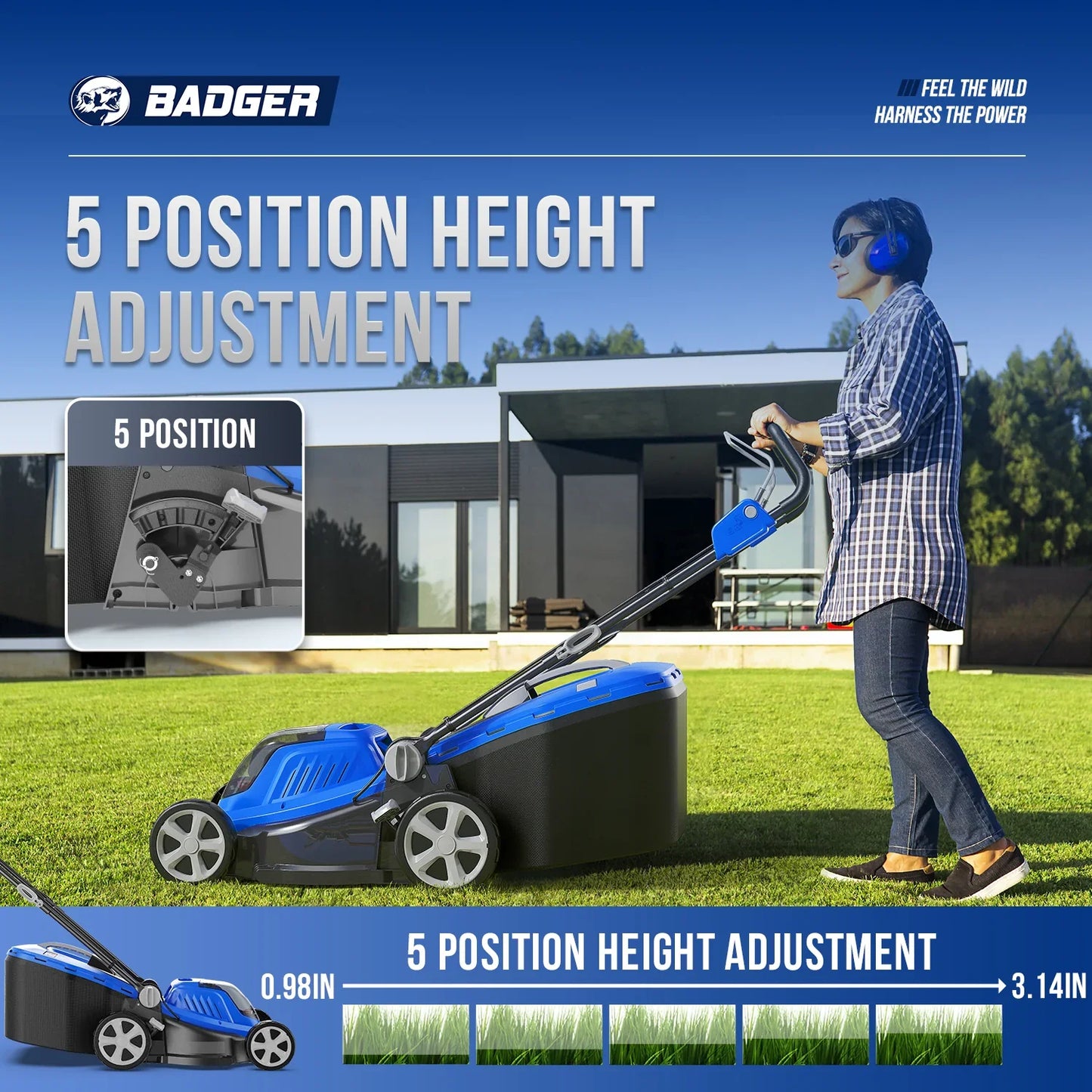
Choosing the best lawn mower for your yard is more than just a practical decision; it’s about matching your specific landscaping needs with the right technology. Gas-powered and electric lawn mowers offer distinct advantages and challenges, and understanding these can significantly affect the health of your lawn and your satisfaction with the yard work.
Understanding Lawn Mower Types
Lawn mowers come in various forms, but the most common differentiation is between gas-powered and electric models. Each type caters to different yard sizes, user preferences, and maintenance capabilities:
- Gas-Powered Mowers: Traditional choice known for high power and mobility.
- Electric Mowers: Modern, eco-friendly options divided into corded and battery-powered models.
Benefits & Drawbacks of Gas-Powered Lawn Mowers
Gas mowers are often chosen for their robust performance, especially in demanding lawn environments:
- Superior Power and Efficiency: Gas engines provide more horsepower, which translates into faster blade speeds and more thorough cuts.
- Versatility in Lawn Size and Grass Type: Ideal for tackling large properties or yards with dense, tough grass that might bog down an electric mower.
- No Dependence on Battery Life or Cords: Offers uninterrupted mowing without worrying about battery depletion or the range limit of cords.
While powerful, gas mowers come with significant drawbacks that might make them less appealing:
- Environmental and Noise Pollution: They emit exhaust fumes and are significantly louder than their electric counterparts.
- Ongoing Maintenance: Requires regular engine maintenance, including oil changes, spark plug replacements, and winterizing procedures.
- Operational Costs: Higher long-term costs due to fuel, oil, and maintenance.
Benefits & Drawbacks of Electric Lawn Mowers
Electric mowers are celebrated for their environmental benefits and ease of use, making them increasingly popular:
- Environmental Friendliness: Produce no emissions during use, significantly reducing your carbon footprint.
- Quiet Operation: Electric mowers are much quieter, enhancing the mowing experience and reducing disturbances.
- Low Maintenance: Without engines, there’s no need for oil changes or fuel management, only minimal maintenance like blade sharpening and occasional battery care.
Despite their advantages, electric mowers have limitations that can affect their utility:
- Limited Mowing Duration and Power: Battery-powered models may not complete large yards on a single charge, and even corded models can struggle with thicker grass.
- Battery Lifespan and Replacement Cost: Batteries typically last a few years before needing replacement, which can be an additional expense.
How to Choose the Right Lawn Mower
Selecting the right lawn mower involves considering your specific needs:
- Assess Your Lawn Size and Terrain: Large, uneven yards may require the power of gas mowers, while smaller, flatter terrains are ideal for electric mowers.
- Consider Environmental Impact: If reducing your environmental impact is a priority, electric mowers are the superior choice.
- Evaluate Convenience vs. Maintenance: Electric mowers offer convenience and ease of use, while gas mowers demand regular maintenance but provide more power and freedom.
Choosing between a gas and an electric lawn mower involves balancing your needs for power, convenience, environmental impact, and maintenance. By carefully considering these factors, you can select the best mower that not only handles your yard’s demands but also aligns with your lifestyle preferences. Visit Wild Badger Power to explore a wide range of high-quality gas and best electric lawn mowers that will help you take control of your landscaping needs effectively.
